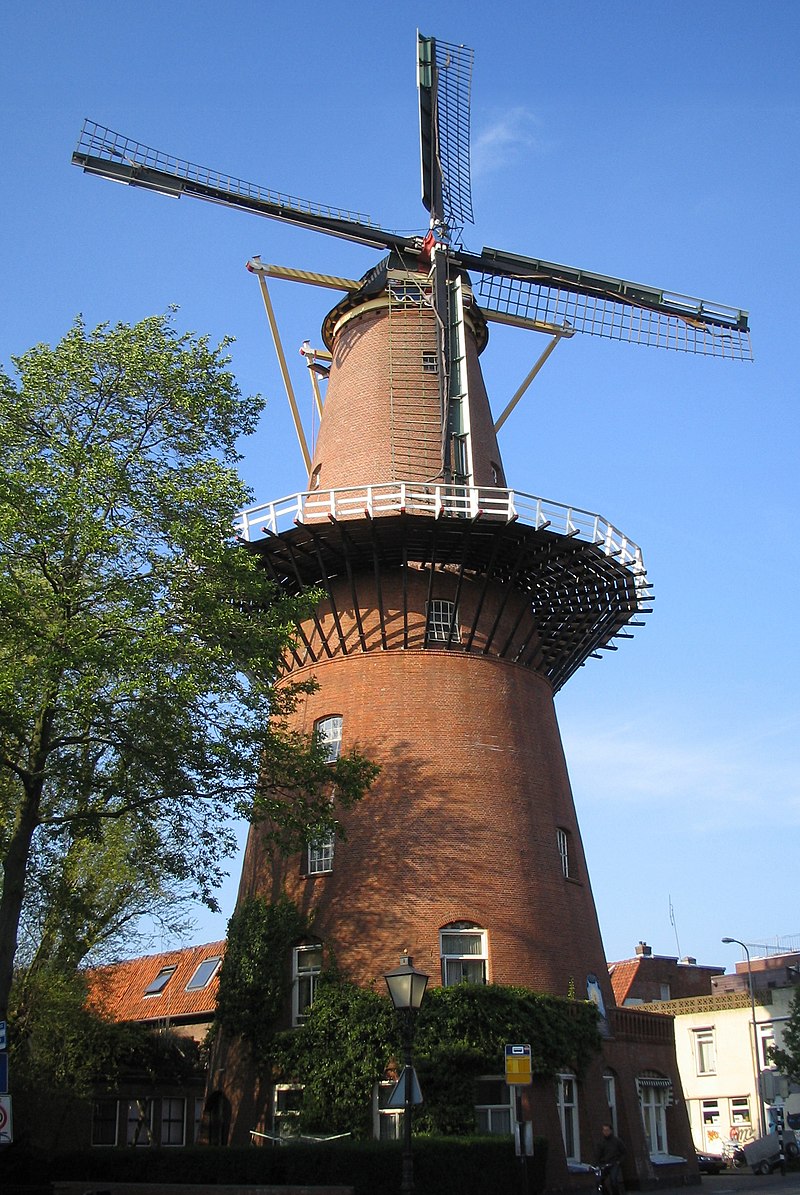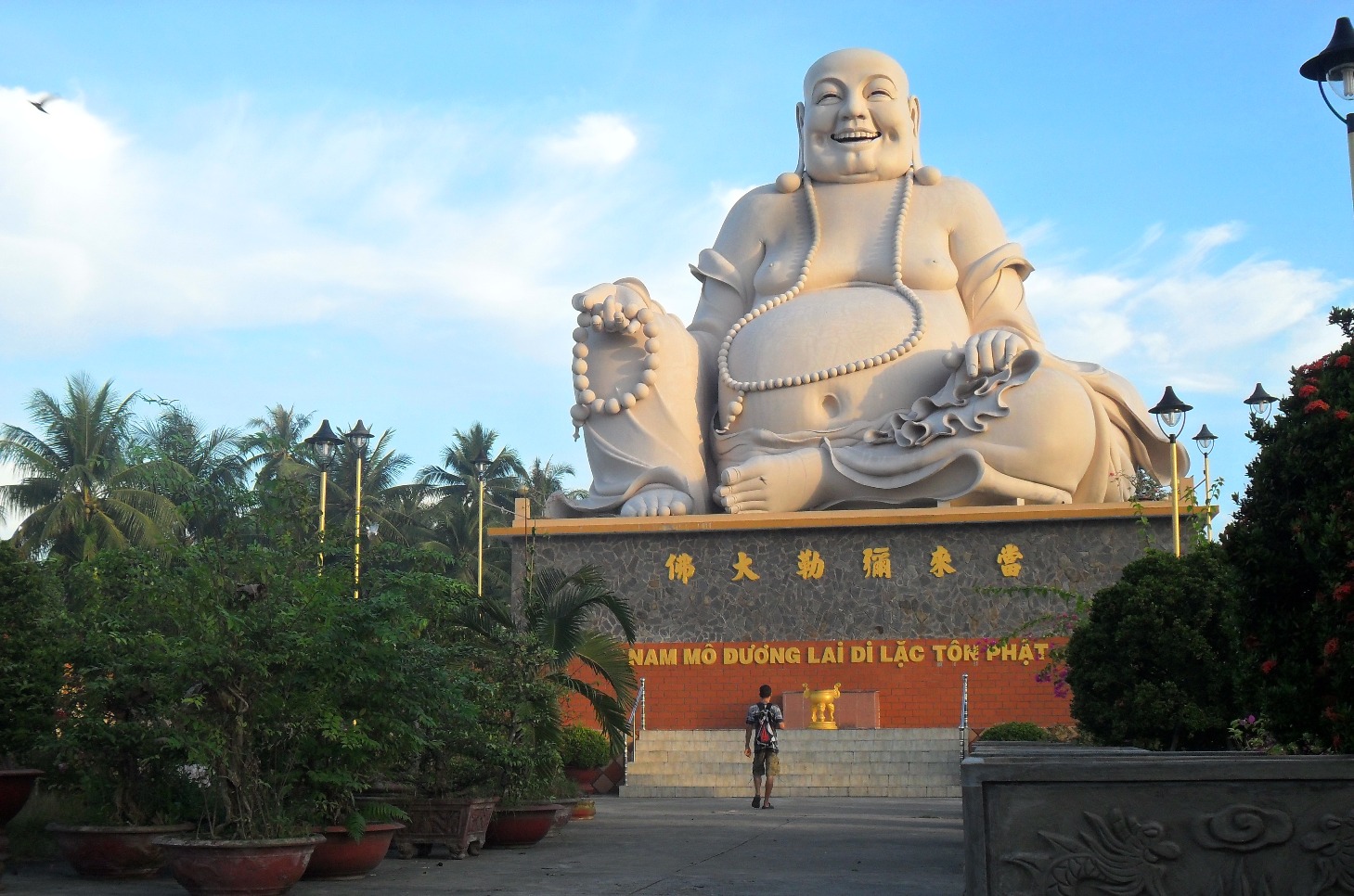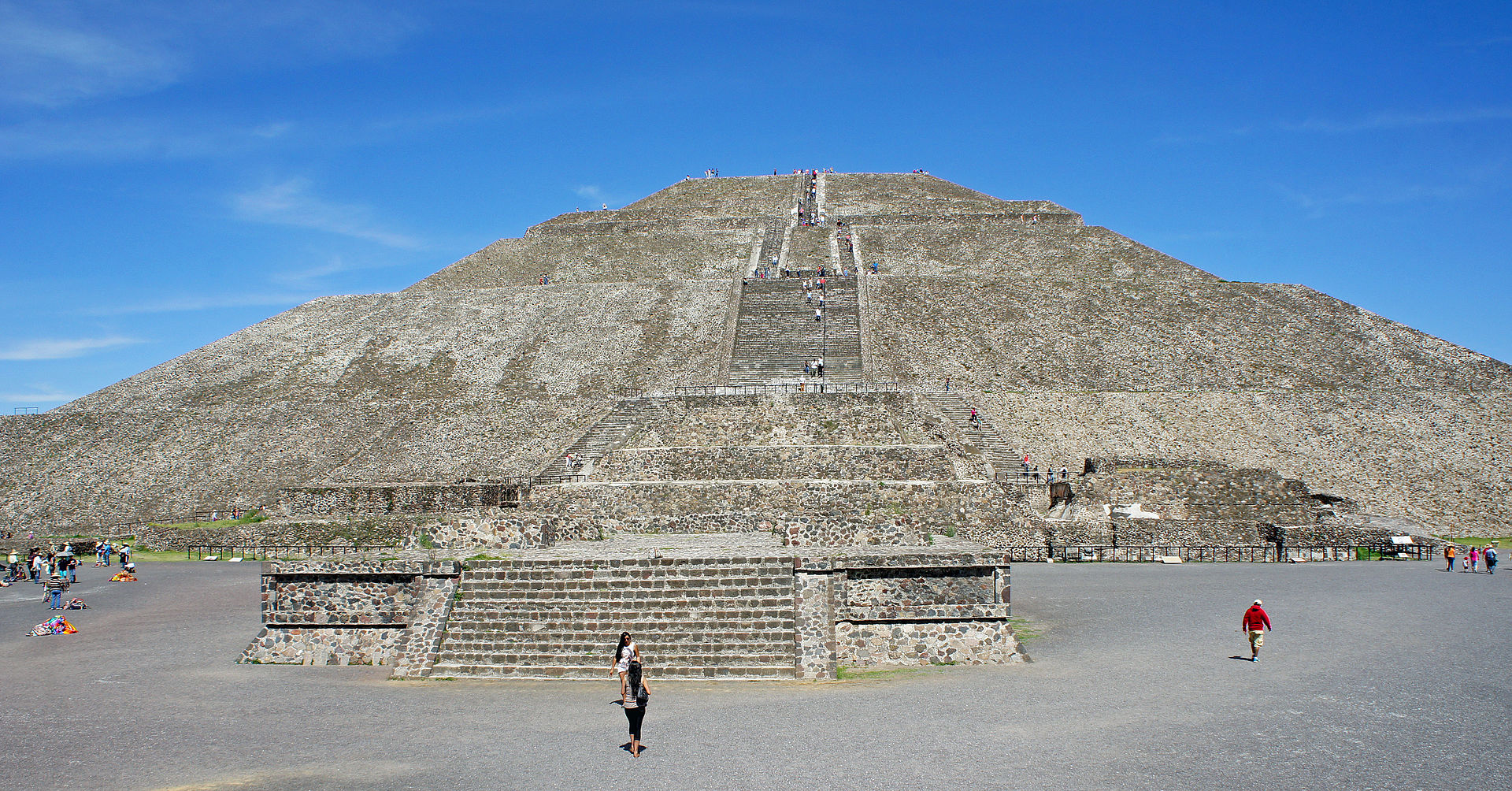- Why do we need to hire a professional translator to do this assignment?
- Why don’t we just run the words we need one by one through one of those online free translators?
- Why should we pay for a full translation when we already have some of the words we need documented?
- Could you please provide me with a price list for translation?
- What is your turnaround time? For example, if we email you a press release for translation into French, how soon can you have it translated and back to us?
- What are your hours?
- Can we get a release translated on the weekend/late at night/early in the morning? Does this cost extra?
- How does your invoicing work? Do you offer any discounts?
- We always prefer to have any materials for our French Canadian audience translated by Quebeckers. Do you have translators located in Quebec and could we specify they only translate our materials?
- Our Spanish materials often need to be specifically written for single markets like Mexico or Argentina. Does Esprit have enough translators to ensure the people doing our translations know how to write for these markets?
- What is the process for translating materials? How can we be assured of accuracy and correctness?
- We deal with many sensitive issues and confidential client accounts. How can we be assured of complete confidentiality?
Why do we need to hire a professional translator to do this assignment? My assistant took Spanish in high school and she speaks the language when she takes her vacations in Mexico. I’ll bet she could do a pretty good job!
Many people may speak a second language and perhaps quite well, based on their early school studies. But writing professional text with precision, with a style that is appropriate for a specialized market, without grammar and spelling errors is an art and a science. Professional translators are trained in linguistics at university, know how to write specifically for certain industries, and know the standards and rules of professional writing as set down by government authorities and professional associations.
“Pretty good” is just not good enough for the professional market! A person “dabbling” in translation, who just “knows the language” verbally, does not have the same level of knowledge, understanding or skill. The result will be a substandard text full of mistranslations and errors that will need rewriting and entail extra costs, if caught, or that will end up costing your company a poor reputation, lost sales or even legal action, if not caught. Non-professionals can be easily tripped up by nuances causing them to make wrong word choices, and from unfamiliarity with the current language and culture of the target market. The results can be hilarious, as in our bloopers on the Lost in Translation Page … but they can also be a source of unintended insult, botched advertising, lost business, or political embarrassment. TOP
Why don’t we just run the words we need one by one through one of those online free translators? That’ll save a lot of time and cost.
Initially, you may think that you will indeed save yourself some time and cost. However, you risk producing sentences like these real-life examples of garble from a client’s French catalogue whose well-meaning sales staff used an online translation tool, hoping to help meet a tough deadline (but it was pulled from circulation after an initial horrified public response – and re-translated):
English phrase: Non-streaking, non-smearing, quick drying formula. Cleans and shines glass, mirrors, sinks, countertops, stainless steel, and many other washable surfaces.
French garble: Formule de séchage non-passante-comme-un-éclair, non-enduisante, rapide. Se nettoie et brille le verre, des miroirs, des lavabos, des contresommets, l’acier inoxydable et beaucoup d’autres surfaces lavables.
Which back-translates as: Formula with drying not-passing-through-as-a-lightning-flash, not-coating, quick. Cleans up and is brilliant the glass, mirrors, sinks, counter-summits [not a word], the stainless steel and many other washable surfaces.
English phrase: Heavy duty general purpose cleaner provides superior stain removal.
French garble: Le lourd appareil de nettoyage de but de général de devoir fournit le déplacement de colorant(tache) supérieur.
Which back-translates as: The heavy apparatus of cleaning of goal of general of task supplies the displacement of superior coloring(stain).
English phrase: Foam-free and residual-free cleaner that delivers surface-safe brightening.
French garble: Sans mousse(écume) et l’appareil de nettoyage résiduel-libre(-gratuit) qui livre l’éclaircissement superficiel-sûr.
Which back-translates as: Without foam(scum) and the cleaning apparatus (gratuitous)- residual-free [but residual-free is nonsense for French] which liberates the superficial-sure enlightening.
So, draw your own conclusions! TOP
Why should we pay for a full translation when we already have some of the words we need documented?
When you take just words one at a time, then string them together in a sequence, you will not have proper sentence structure or logical meaning. The result of this cut-and-paste method is nothing more than a patchwork quilt of words that are most likely completely out of context and appearing next to other words with which they have no relation. Besides, the art of translation is not a simple word exchange although literal translations are unfortunately produced all too frequently in the marketplace. Each language has its own idioms, way of using words together, punctuation and capitalization rules. The final text will look like some of the examples above. TOP
Could you please provide me with a price list for translation?
Translation houses don’t use price lists generally because there is so much variation in the type of work and service requested and to simply hand out price lists can be misleading to prospective clients. Rates vary because there are so many considerations that go into costing; to properly quote on a project, we need to evaluate each individual project. It also depends on the language, ranging from lower rates for North American and Western European languages like French and Spanish to more expensive “exotic” languages like Thai, Urdu and Chinese, that have different alphabets and requirements, and for which there are fewer qualified professionals available.
That said, we do have general guidelines and a minimum charge of $75.00 (lower for some high-volume regular clients). Prices may be quoted on an hourly rate, generally $75.00 (for creative adaptation, consultation and marketing-type service) or on a word basis. In general, most pricing in the translation market falls between a per-word rate of 24¢ and 36¢ per word (ranging from general to technical or specialized like finance and legal). The pricing in translation depends on 1) the language or languages required, 2) the field of specialization or industry, which affects the amount of specialized research, 3) the difficulty level of the work, and 4) the volume in question. With large volume (20,000 words or more) and ongoing projects, we can afford to lower our price, of course. In contrast, work sent in small batches is more expensive to produce and has a higher rate.
The more the work requires time-consuming technical research and special writing skills to adapt the language level and style to the needs of the industry in question, the higher the price. French and Spanish represent the biggest market in North America so are more cost-effective to produce. As for other languages, Western European and South American languages are slightly more expensive; then Eastern European and particularly Cyrillic-based languages like Bulgarian and Russian; then languages roughly described as Oriental or Exotic such as Japanese, Korean, Chinese, Indian (Farsi, Hindi, Urdu, etc.), Malay, Tagalog, Hebrew and Arabic.
Quality control is a key cost in true professional translation. At Esprit, we use teams of translators and our price reflects these quality control procedures and multiple stages of production, in contrast to a single freelancer’s personal effort.
It is difficult to quote on work we have not seen, so we prefer to have the full text to give an accurate quote. Often if we can get the semi-final English we can at least give a close estimate, then firm up the price for the client’s budget once the English is finalized. TOP
What is your turnaround time? For example, if we email you a press release for translation into French, how soon can you have it translated and back to us?
A single page can be returned in a day or the same day, and often within the hour. Generally 2-4 pages would be a normal 24-hour turnaround so a press release would probably require only one day. Again, it all depends on notice given and other work in progress. Our marketing and graphic house clients can often require rush work turned around in a couple of hours. They need lots of consultation and send us work progressively, so they are charged an hourly rate for the kind of service they need. TOP
What are your hours?
The office hours are 9-5 EST “officially” but the service industry follows the flow of demand, of course. Many of our translators are on staggered hours and do work evenings and weekends. Plus we have Esprit translators across the continent and also overseas, who work in different time zones, which can help the work flow. We do handle a lot of rush items with a 2-3 hour turnaround time. When the project is small and rush, the minimum charge applies, even if it is only a few words or phrases. You would be surprised at how many people in advertising and marketing use this service! TOP
Can we get a release translated on the weekend/late at night/early in the morning? Does this cost extra?
There is no problem in handling work outside the 9-to-5 schedule or on weekends. Work is often produced in evening hours for the following morning. If there is some reasonable advance notice of a couple of days to allow us to schedule our resources, we do not charge for this. But if a client calls us late afternoon (after 3 pm EST) for overnight turnaround, there is a 20% surcharge. For last minute Friday calls for weekend work, we also apply rush charges: 25% for most circumstances and, on rare occasions, 50% if the request is huge and requires a non-stop all-weekend effort, or if the translation team has to check in and be on hold all weekend to liaise back and forth with the English authors. TOP
How does your invoicing work? Do you offer any discounts?
On large-volume projects (series of manuals, databases and major websites, for example) we do offer discounts of 10-15-20%, depending on the volume of work.
The invoice is sent by email as a PDF along with the completed project. For large on-going projects that last several weeks or months, we set up an invoicing and payment schedule with the client. Typically, a month-long project would have a start-up payment of 50% with the remaining 50% due upon completion. A larger project may be divided into three or more equal payments that correspond to the delivery of batches of work; often it is advantageous to the client to have a flow-back schedule. Projects that stretch from one month to another have flow charts for production and regular payment schedules.
The terms for the first project of a new client with no previous history at Esprit is full payment upfront. Once we have set up the account with this new client and have had an initial work experience, the normal procedures apply. We subsequently issue invoices at the end of projects and generally deliver them together electronically. Our invoices are prepared as PDF files which are easy to transmit, print and store for reference. TOP
We always prefer to have any materials for our French Canadian audience translated by Quebeckers. Do you have translators located in Quebec and could we specify they only translate our materials?
Esprit has a large Quebec team as well as full quality control in-house. Much of our work in French is strictly for the Quebec marketplace, so this is easy to guarantee. The French Canadian translation industry is highly structured, and so is the production environment at Esprit.
We do have translators for the continental French market as well and have clients who target only Europe. The two cannot be mixed for most translation needs and certainly not in advertising and public relations. There are too many language differences – language level, style and everyday vocabulary usage. Even the humor is very different between the two countries. TOP
Our Spanish materials often need to be specifically written for single markets like Mexico or Argentina. Does Esprit have enough translators to ensure the people doing our translations know how to write for these markets?
Yes. Esprit has vast resources for this ever-growing language demand that include translators who are indigenous to countries like Mexico, Chile, Argentina and, of course, continental Spain. Writing style, language level and vocabulary, particularly for everyday expressions and certain technical markets, vary enormously from one Hispanic country to another, whether in North America, South America or Europe. The Chicano market in the U.S. has its own unique challenges because of the strong incursion of English. But good grammar, syntax and spelling are always predominant in Esprit translations, no matter what market or audience our translations are targeting.
Esprit’s inhouse Spanish team works specifically for the Mexican-dominated North American markets and, as far as we know, is the only authentic Mexican translation team in all of Canada, headed by a professional journalist and translator, Ms. Silvia Méndez, from Mexico City. Esprit’s Mexican translation team specifically targets the Hispanic market in North America and Latin America. We have been successful in Mexicanizing materials for a number of major corporations for several decades and we have painstakingly documented Spanish usage in our Esprit house rules, translator aids, and in Esprit client and industry databases.
Since most of our regular clients need Spanish for Latin America, and particularly Mexico, as well as French for the Quebec market, our inhouse team members are actually trilingual, so we do cultural and linguistic cross-readings, plus research and development between these two languages, to ensure consistency in style and vocabulary of our clients’ translated materials. TOP
What is the process for translating materials? How can we be assured of accuracy and correctness?
Every translation at Esprit is subjected to several revision and proofreading stages. Esprit’s raison d’être is based on quality control and methodology. Esprit’s President taught translation at the university level and trained many translators over the years. What most translators on the market are lacking are good methodology and good writing skills. Having a degree in translation is no guarantee that the translator understands the nuances of the client’s English or the market for which he/she is translating, that he/she applies consistent techniques for quality control or that he/she can even write well in the native language. Too many translators go from school to freelance without proper training in the marketplace.
Esprit has developed a rigorous quality control system that includes numerous industry-specific and client-customized terminology databases. Our special production methods distinguish Esprit from the average translation competitor and ensure a superior, consistent translation product that is customized to our clients’ marketing needs. We have databases in many languages that trace a history of ten to twenty years of product development and technical detail for a number of our older clients. TOP
We deal with many sensitive issues and confidential client accounts. How can we be assured of complete confidentiality?
Confidentiality is a common code of conduct in the translation market, stressed by educators, and is generally a condition in the employment contract of all translators. If ever a translator should break that trust and confidentiality, they would lose their job or contract position and be blacklisted by the various translators’ associations, translation bureaus and their colleagues.
For highly sensitive material like investor information or technical patents, Esprit has been asked on occasion in the past to sign a confidentiality agreement, and we would gladly sign any such document for a client. The fact that we have been in business since 1979 and have retained many of our original clients for over 20 years is a good indication of our integrity. Esprit regularly issues a Quality Assurance document and/or Guarantee of Confidentiality for individual projects of certain clients whose translation materials are very sensitive.
Esprit guarantees strict confidentiality of all translation materials and related reference materials sent by our clients as well as the security of our file transfer methods. The transfer and delivery method developed by Esprit for highly confidential projects is a customized, password-protected client folder created right on Esprit’s dedicated in-house FTP server. Client source files and their translation files are safely hidden from all external parties; only the client and Esprit’s in-house staff using a dedicated User Name and a secret Password are able to access the contents of the client’s folder. TOP

.jpg)








_and_the_Hornblower_Niagara_Cruises_boat;_Niagara_Falls.JPG)






-Temple_Mount-Dome_of_the_Rock_(SE_exposure).jpg)



.jpeg.jpeg)


.jpg)



.jpg)

_-_Google_Art_Project.jpg)
.jpg)
